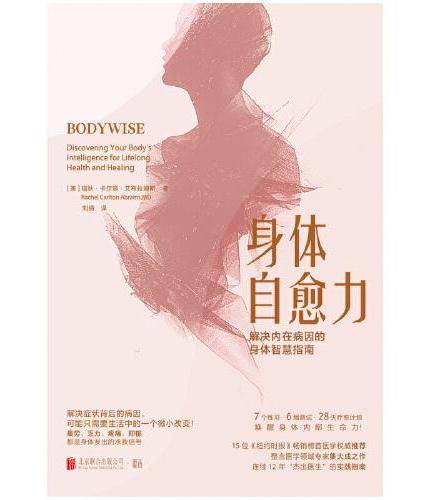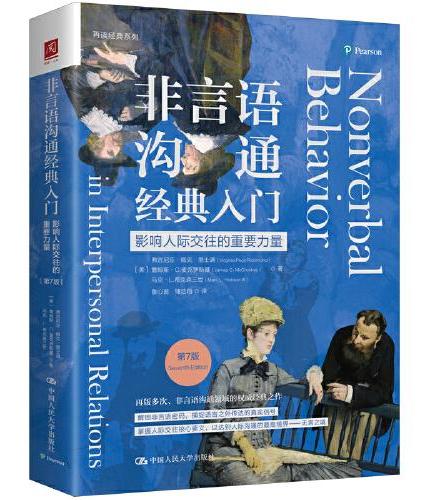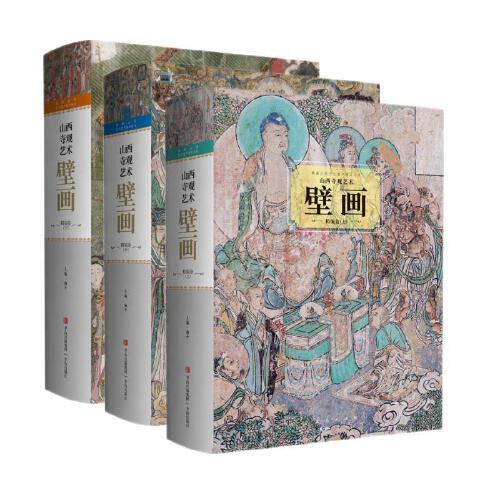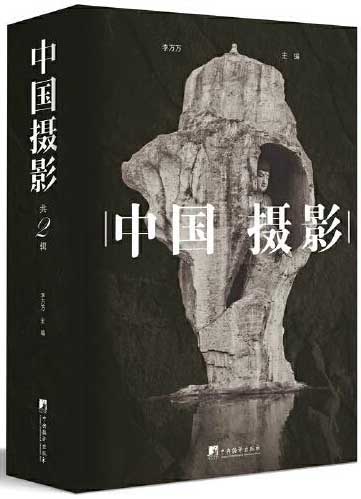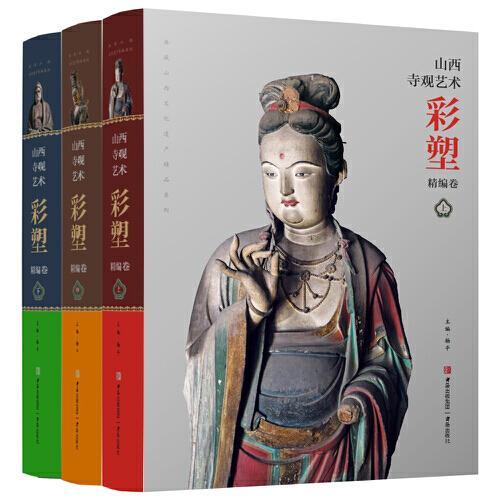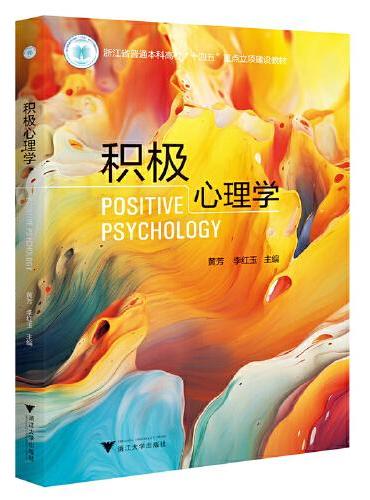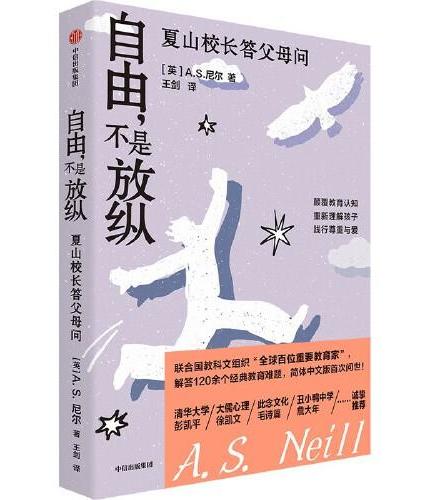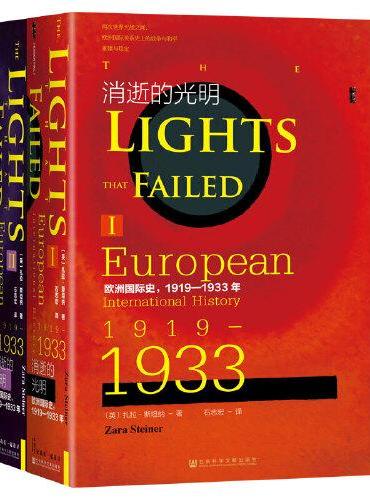第一部分
三个严冬摇掉三个苍翠的夏天的树叶和光艳,
三个阳春三度化作秋天的枯黄。
时序使我三度看见四月的芳菲三度被六月的炎炎烈火烧光。
但你,还是和初见时一样明媚。
美的咏叹
对天生的尤物我们要求蕃盛
对天生的尤物我们要求蕃盛,
以便美的玫瑰永远不会枯死,
但开透的花朵既要及时凋零,
就应把记忆交给娇嫩的后嗣。
但你,只和你自己的明眸定情,
把自己当燃料喂养眼中的火焰,
和自己作对,待自己未免太狠,
把一片丰沃的土地变成荒田。
你现在是大地的清新的点缀,
又是锦绣阳春的唯一的前锋,
为什么把富源葬送在嫩蕊里,
温柔的鄙夫,要吝啬,反而浪用?
可怜这个世界吧,要不然,贪夫,
就吞噬世界的份,由你和坟墓。
From fairest creatures we desire increase,
That thereby beauty’s rose might never die,
But as the riper should by time decease,
His tender heir might bear his memory;
But thou①, contracted to thine own bright eyes,
Feed’st② thy light’s flame with self-substantial fuel,
Making a famine where abundance lies,
Thyself thy foe, to thy sweet self too cruel.
Thou that art now the world’s fresh ornament
And only herald to the gaudy spring,
Within thine own bud buriest thy content ,
And, tender churl, mak’st waste in niggarding.
Pity the world, or else this glutton be,
To eat the world’s due, by the grave and thee.
① thou,thy,thee,thine:在伊丽莎白时代,第二人称代词单数常用thou(主
格,相当于you),其变格形式为thee(宾格,相当于you)、thy(所有格,
相当于your)、thine (所有格,用于以元音或h开始的词前,相当于your;
物主代词,相当于yours)、thyself (反身代词,相当于yourself)。
② feed’st,art,buriest,mak’st:在早期现代英语中,几乎在thou后面的
所有动词词尾形式都为-est,-st或-t. 在诗中feed’st=feed,art=are,
buriest=bury,mak’st=make.
那时人若问起你的美
当四十个冬天围攻你的朱颜,
在你美的园地挖下深的战壕,
你青春的华服,那么被人艳羡,
将成褴褛的败絮,谁也不要瞧。
那时人若问起你的美在何处,
哪里是你那少壮年华的宝藏,
你说:“在我这双深陷的眼眶里,
是贪婪的羞耻,和无益的颂扬。”
你的美的用途会更值得赞美,
如果你能够说,“我这宁馨小童
将总结我的账,宽恕我的老迈”,
证实他的美在继承你的血统!
这将使你在衰老的暮年更生,
并使你垂冷的血液感到重温。
When forty winters shall besiege thy brow,
And dig deep trenches in thy beauty’s field,
Thy youth’s proud livery, so gazed on now,
Will be a tattered weed of small worth held.
Then being asked, where all thy beauty lies,
Where all the treasure of thy lusty days,
To say, within thine own deep-sunken eyes,
Were an all-eating shame, and thriftless praise.
How much more praise deserved thy beauty’s use,
If thou couldst answer, ‘This fair child of mine
Shall sum my count, and make my old excuse,’
Proving his beauty by succession thine!
This were to be new made when thou art old,
And see thy blood warm when thou feel’st it cold.
在你里面唤回她盛年的芳菲四月
照照镜子,告诉你那镜中的脸庞,
说现在这庞儿应该另造一副;
如果你不赶快为它重修殿堂,
就欺骗世界,剥掉母亲的幸福。
因为哪里会有女人那么淑贞,
她那处女的胎不愿被你耕种?
哪里有男人那么蠢,他竟甘心
做自己的坟墓,绝自己的血统?
你是你母亲的镜子,在你里面
她唤回她的盛年的芳菲四月;
同样,从你暮年的窗你将眺见——
纵皱纹满脸——你这黄金的岁月。
但是你活着若不愿被人惦记,
就独自死去,你的肖像和你一起。
Look in thy glass, and tell the face thou viewest
Now is the time that face should form another,
Whose fresh repair if now thou not renewest,
Thou dost beguile the world, unbless some mother.
For where is she so fair whose uneared womb
Disdains the tillage of thy husbandry?
Or who is he so fond will be the tomb
Of his self-love, to stop posterity?
Thou art thy mother’s glass, and she in thee
Calls back the lovely April of her prime,
So thou through windows of thine age shalt see,
Despite of wrinkles, this thy golden time.
But if thou live remembered not to be,
Die single, and thine image dies with thee.
白雪掩埋了美
那些时辰曾经用轻盈的细工
织就这众目共注的可爱明眸,
终有天对它摆出魔王的面孔,
把绝代佳丽剁成龙钟的老丑。
因为不舍昼夜的时光把盛夏
带到狰狞的冬天去把它结果;
生机被严霜窒息,绿叶又全下,
白雪掩埋了美,满目是赤裸裸。
那时候如果夏天尚未经提炼,
让它凝成香露锁在玻璃瓶里,
美和美的流泽将一起被截断,
美,和美的记忆都无人再提起。
但提炼过的花,纵和冬天抗衡,
只失掉颜色,却永远吐着清芬。
Those hours that with gentle work did frame
The lovely gaze where every eye doth dwell,
Will play the tyrants to the very same,
And that unfair which fairly doth excel;
For never-resting time leads summer on
To hideous winter, and confounds him there,
Sap checked with frost and lusty leaves quite gone,
Beauty o’er-snowed, and bareness everywhere;
Then were not summer’s distillation left,
A liquid prisoner pent in walls of glass,
Beauty’s effect with beauty were bereft,
Nor it, nor no remembrance what it was.
But flowers distilled, though they with winter meet,
Leese but their show; their substance still lives sweet.
别让冬天嶙峋的手抹掉你的夏天
那么,别让冬天嶙峋的手抹掉
你的夏天,在你未经提炼之前,
熏香一些瓶子;把你美的财宝
藏在宝库里,趁它还未及消散。
这样的借贷并不是违禁取利,
既然它使那乐意纳息的高兴;
这是说你该为你另生一个你,
或者,一个生十,就十倍地幸运;
十倍你自己比你现在更快乐,
如果你有十个儿子来重现你。
这样,即使你长辞,死将奈你何,
既然你继续活在你的后裔里?
别任性:你那么标致,何必甘心
做死的胜利品,让蛆虫做子孙。
Then let not winter’s ragged hand deface
In thee thy summer, ere thou be distilled:
Make sweet some vial; treasure thou some place
With beauty’s treasure, ere it be self-killed.
That use is not forbidden usury
Which happies those that pay the willing loan;
That’s for thyself to breed another thee,
Or ten times happier, be it ten for one;
Ten times thyself were happier than thou art,
If ten of thine ten times refigured thee;
Then what could death do if thou shouldst depart,
Leaving thee living in posterity?
Be not self-willed, for thou art much too fair
To be death’s conquest and make worms thine heir.
你灿烂的日中亦会消逝
看,当普照万物的太阳从东方
抬起了火红的头,下界的眼睛
都对他初升的景象表示敬仰,
用目光来恭候他神圣的驾临;
然后他既登上了苍穹的极峰,
像精力饱满的壮年,雄姿英发,
万民的眼睛依旧膜拜他的峥嵘,
紧紧追随着他那疾驰的金驾。
但当他,像耄年拖着尘倦的车轮,
从绝顶颤巍巍地离开了白天,
众目便一齐从他下沉的足印
移开它们那原来恭顺的视线。
同样,你的灿烂的日中一消逝,
你就会悄悄死去,如果没后嗣。
Lo, in the Orient when the gracious light
Lifts up his burning head, each under eye
Doth homage to his new appearing sight,
Serving with looks his sacred majesty;
And having climbed the steep-up heavenly hill,
Resembling strong youth in his middle age,
Yet mortal looks adore his beauty still,
Attending on his golden pilgrimage.
But when from high-most pitch with weary car
Like feeble age he reeleth from the day,
The eyes, ’fore-duteous, now converted are
From his low tract, and look another way.
So thou, thyself out-going in thy noon,
Unlooked on diest, unless thou get a son.
你独身就一切皆空
我的音乐,为何听音乐会生悲?
甜蜜不相克,快乐使快乐欢笑。
为何爱那你不高兴爱的东西,
或者为何乐于接受你的烦恼?
如果悦耳的声音的完美和谐
和亲挚的协调会惹起你烦忧,
它们不过委婉地责备你不该
用独奏窒息你心中那部合奏。
试看这一根弦,另一根的良人,
怎样融洽地互相呼应和振荡;
宛如父亲、儿子和快活的母亲,
它们联成了一片,齐声在欢唱。
它们的无言之歌都异曲同工
对你唱着:“你独身就一切皆空。”
Music to hear, why hear’st thou music sadly?
Sweets with sweets war not, joy delights in joy;
Why lov’st thou that which thou receiv’st not gladly,
Or else receiv’st with pleasure thine annoy?
If the true concord of well-tuned sounds
By unions married, do offend thine ear,
They do but sweetly chide thee, who confounds
In singleness the parts that thou shouldst bear.
Mark how one string, sweet husband to another,
Strikes each in each by mutual ordering,
Resembling sire, and child, and happy mother,
Who all in one, one pleasing note do sing;
Whose speechless song being many, seeming one,
Sings this to thee: ‘Thou single wilt prove none.’
她把你刻做她的印
和你一样快地消沉,你的儿子
也将一样快在世界生长起来;
你灌注给青春的这新鲜血液
仍将是你的,当青春把你抛开。
这里面活着智慧、美丽和昌盛,
没有这,便是愚蠢、衰老和腐朽。
人人都这样想,就要钟停漏尽,
六十年便足使世界化为乌有。
让那些人生来不配生育传宗,
粗鲁、丑陋和笨拙,无后地死去;
造化的至宠,她的馈赠也最丰,
该尽量爱惜她这慷慨的赐予。
她把你刻做她的印,意思是要
你多印几份,并非要毁掉原稿。
As fast as thou shalt wane, so fast thou grow’st
In one of thine, from that which thou departest;
And that fresh blood which youngly thou bestow’st
Thou mayst call thine, when thou from youth convertest;
Herein lives wisdom, beauty and increase;
Without this, folly, age and cold decay.
If all were minded so, the times should cease,
And threescore year would make the world away.
Let those whom nature hath not made for store,
Harsh, featureless and rude, barrenly perish;
Look whom she best endowed, she gave thee more,
Which bounteous gift thou shouldst in bounty cherish.
She carved thee for her seal, and meant thereby
Thou shouldst print more, not let that copy die.
当我凝望紫罗兰老了春容
当我数着壁上报时的自鸣钟,
见明媚的白昼坠入狰狞的夜,
当我凝望着紫罗兰老了春容,
青丝的卷发遍洒着皑皑白雪;
当我看见参天的树枝叶尽脱,
它不久前曾荫蔽喘息的牛羊;
夏天的青翠一束一束地就缚,
带着坚挺的白须被舁上殓床;
于是我不禁为你的朱颜焦虑:
终有天你要加入时光的废堆。
既然美和芳菲都把自己抛弃,
眼看着别人生长自己却枯萎。
没什么抵挡得住时光的毒手,
除了生育,当他来要把你拘走。
When I do count the clock that tells the time,
And see the brave day sunk in hideous night;
When I behold the violet past prime,
And sable curls all silvered o’er with white;
When lofty trees I see barren of leaves,
Which erst from heat did canopy the herd,
And summer’s green all girded up in sheaves
Borne on the bier with white and bristly beard:
Then of thy beauty do I question make,
That thou among the wastes of time must go,
Since sweets and beauties do themselves forsake,
And die as fast as they see others grow,
And nothing ’gainst time’s scythe can make defence
Save breed to brave him, when he takes thee hence.
我的术数只得自你明眸
并非从星辰我采集我的推断;
可是我以为我也精通占星学,
但并非为了推算气运的通蹇,
以及饥荒、瘟疫或四时的风色。
我也不能为短促的时辰算命,
指出每个时辰的雷电和风雨,
或为国王占卜流年是否亨顺,
依据我常从上苍探得的天机。
我的术数只得自你那双明眸,
恒定的双星,它们预兆这吉祥:
只要你回心转意肯储蓄传后,
真和美将双双偕你永世其昌。
要不然关于你我将这样昭示:
你的末日也就是真和美的死。
Not from the stars do I my judgement pluck;
And yet, methinks, I have astronomy,
But not to tell of good, or evil luck,
Of plagues, of dearths, or seasons’ quality;
Nor can I fortune to brief minutes tell,
Pointing to each his thunder, rain and wind;
Or say with princes if it shall go well
By aught predict that I in heaven find;
But from thine eyes my knowledge I derive,
And, constant stars, in them I read such art
As truth and beauty shall together thrive
If from thyself, to store thou wouldst convert.
Or else of thee this I prognosticate,
Thy end is truth’s and beauty’s doom and date.
|



